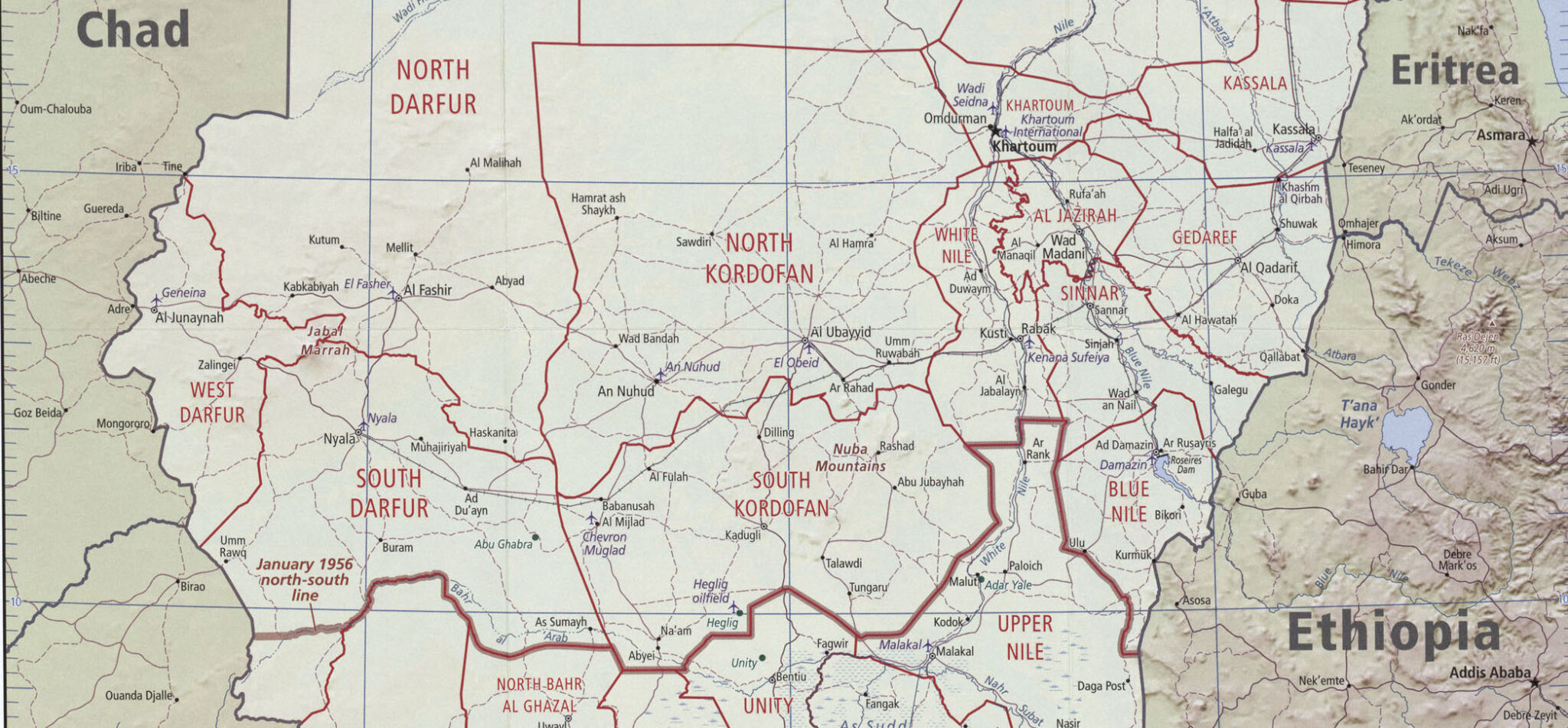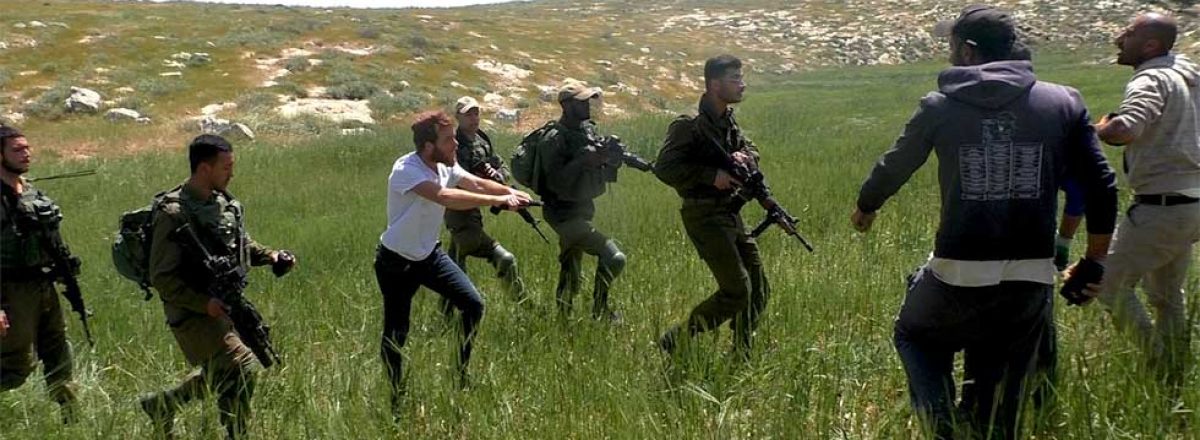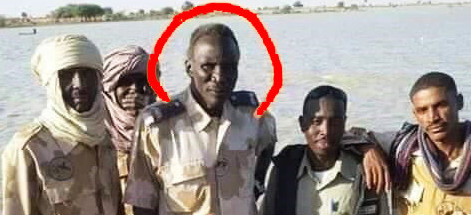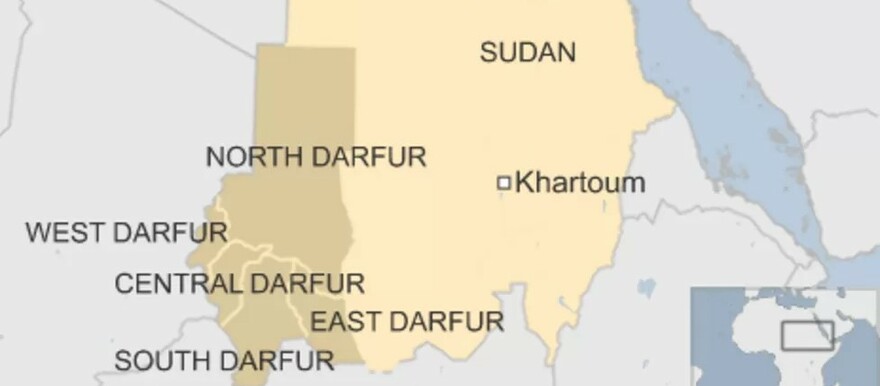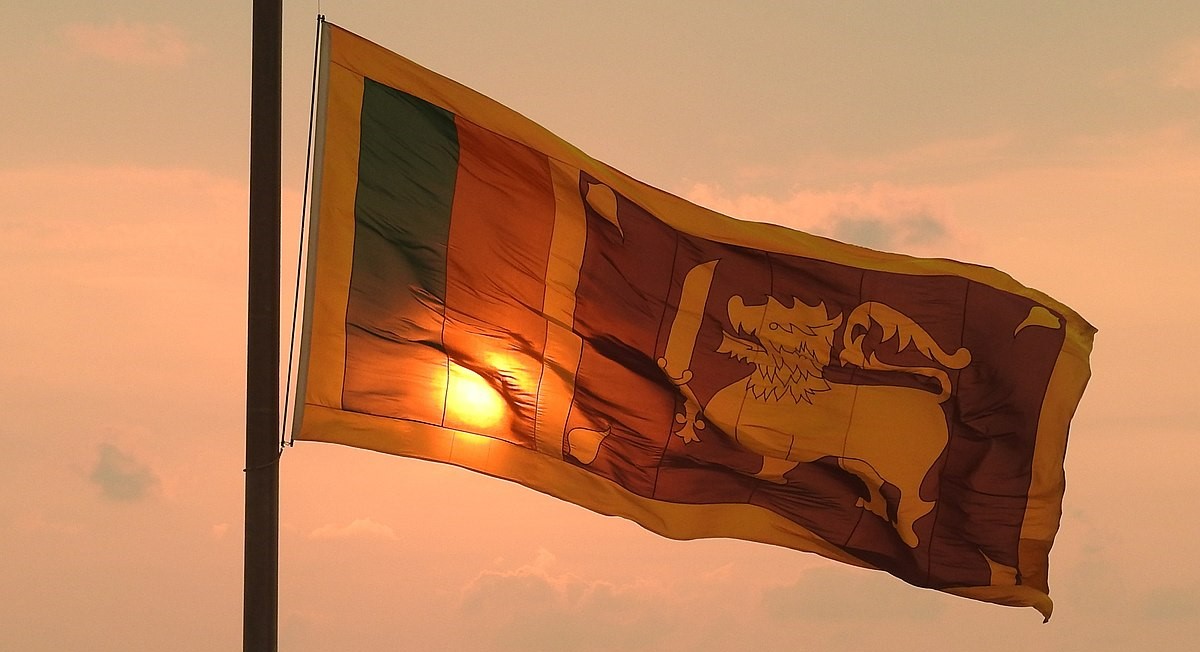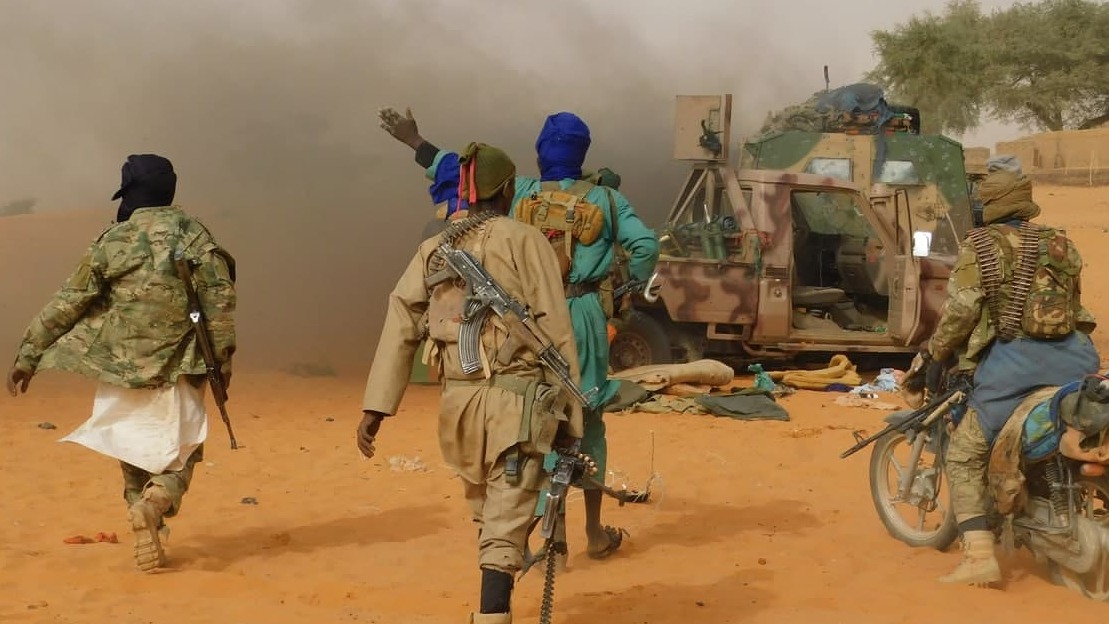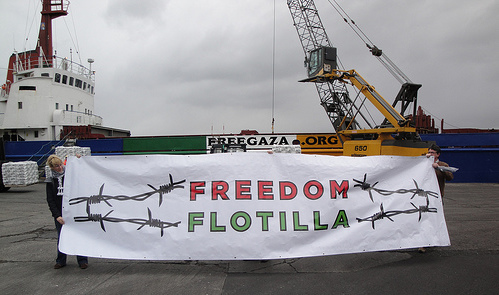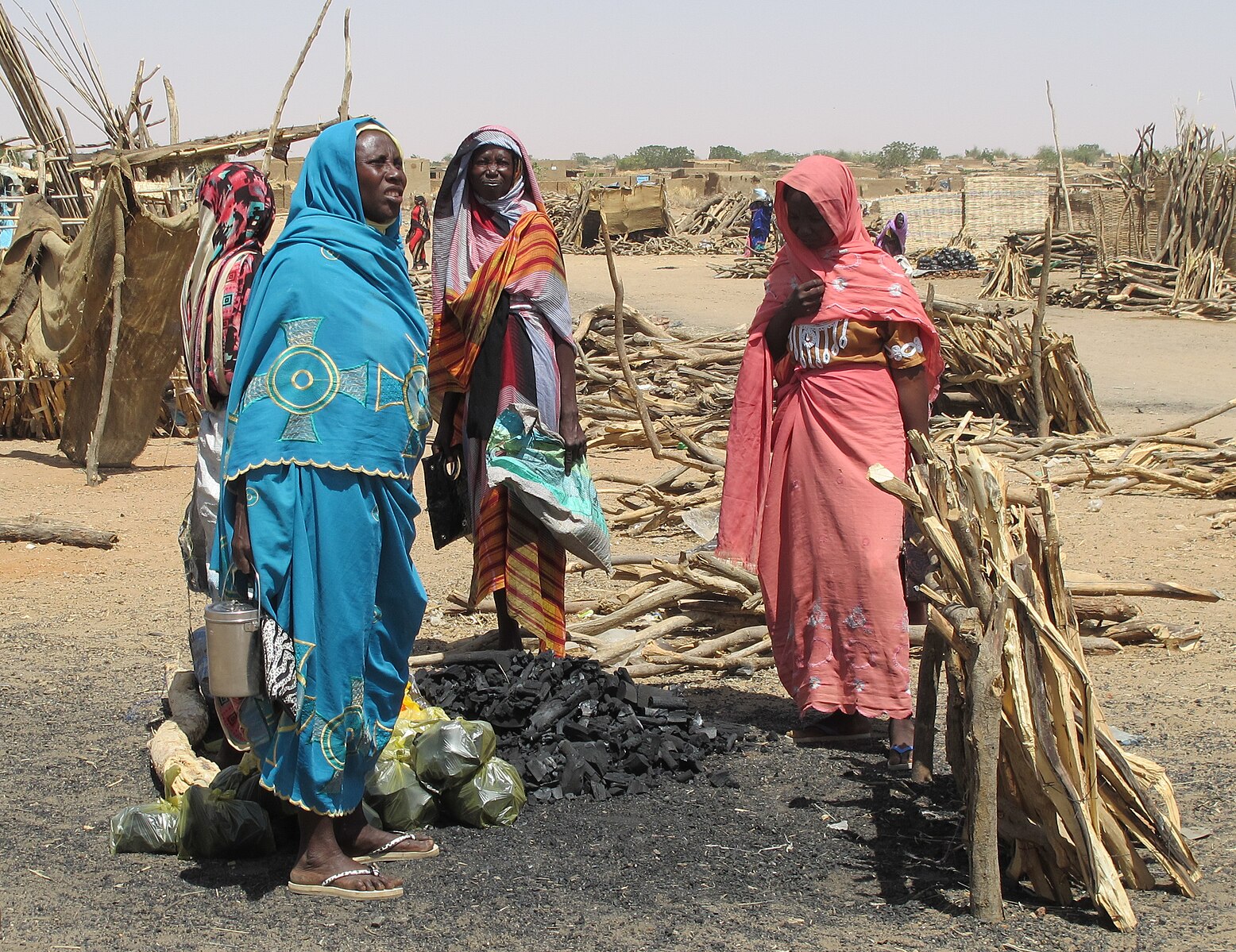
Podcast: Darfur again —a genocide foretold
Throughout the 18-month siege of El Fasher, capital of Sudan’s North Darfur state, international human rights observers had been warning that the city’s residents faced a general massacre when it eventually fell to the Rapid Support Forces (RSF). Yet nothing was done, apart from ineffectual Great Power diplomacy that had zero impact on the ground. Now that the foretold massacre is underway—with hundreds killed, thousands missing, and no end in sight—calls are at last emerging for boycott, divestment and sanctions against the United Arab Emirates, the apparent underwriter of the genocidal RSF. In Episode 302 of the CounterVortex podcast, Bill Weinberg notes the contrast with the situation 20 years ago, when #SaveDarfur was a cause célèbre—and asks what has changed. (Photo: Roman Deckert via Wikimedia Commons)



